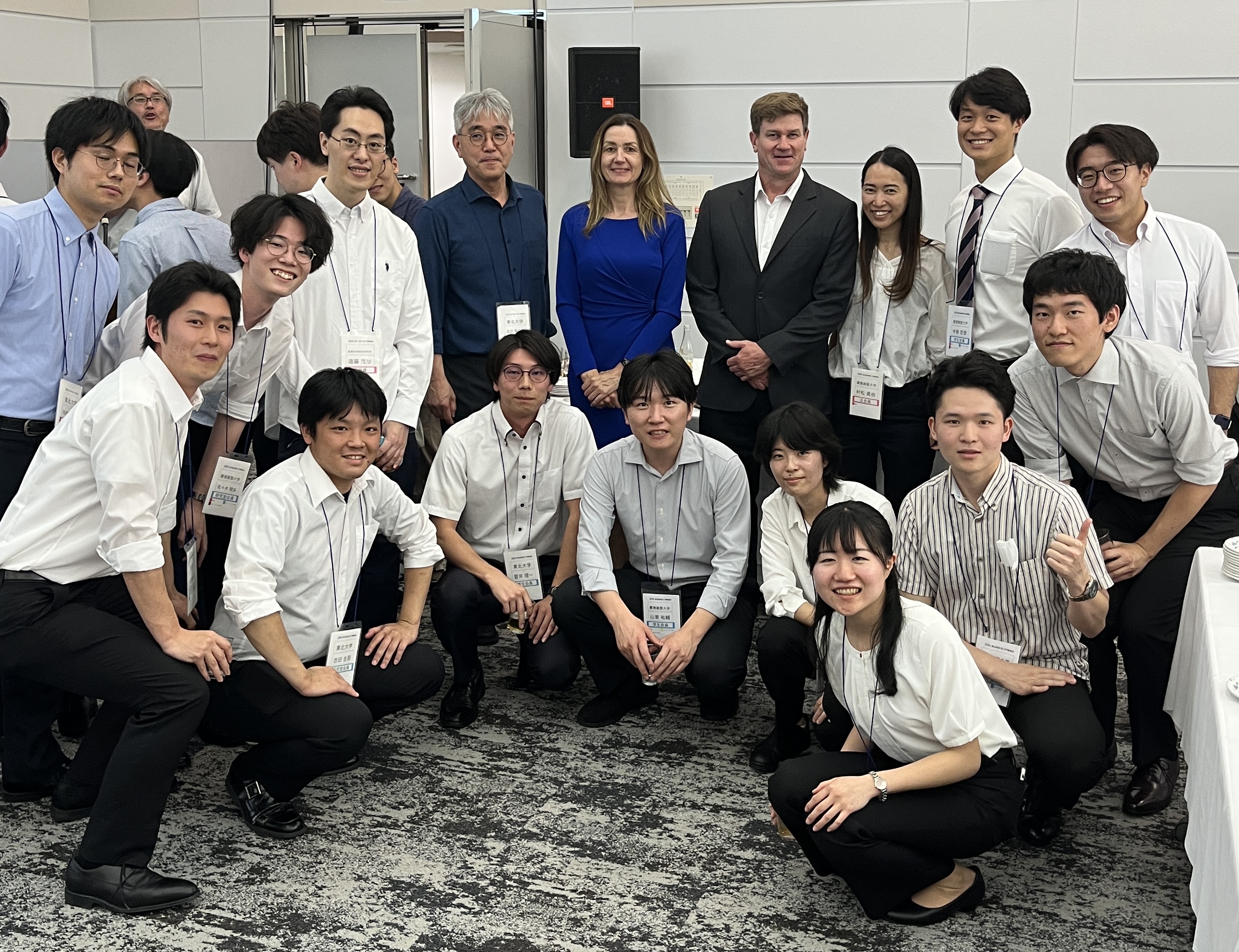Karen Willcox, Director of the Oden Institute for Computational Engineering and Sciences at The University of Texas at Austin, has been awarded the 2024 Grand Prize by the Japan Society for Computational Engineering and Science (JSCES). The honor was presented during the 30th Annual Conference on Computational Engineering and Science, held in Tokyo in early June.
Willcox is the first woman to receive the JSCES Grand Prize, the society’s highest distinction, which recognizes individuals for their outstanding global contributions to the field of computational engineering and science. According to JSCES, the award celebrates those who have significantly advanced research and technology standards in the discipline.
“It was a true honor to receive the JCSES Grand Prize and to participate in the celebrations of JCSES' 30th birthday,” said Willcox. “It was especially inspiring to meet so many bright and enthusiastic young students, who represent the future of our field.” Willcox, is the second faculty member from the Oden Institute to receive the award. The inaugural Grand Prize given in 2007 was awarded to Professor Thomas J. R. Hughes, also of the Oden Institute.
During the conference, Willcox delivered a plenary talk, “Reduced-order models as a foundation for predictive digital twins,” She presented the Operator Inference approach which merges classical projection-based reduced-order modeling with a modern algorithmic perspective from data-driven scientific machine learning. This method has shown promise in achieving predictive reduced-order models for challenging digital twin applications where training data is limited and expensive to acquire.
The annual conference brings together researchers, students, and practitioners from across Japan and beyond. Reflecting on the event, Willcox added, “Over our histories, there have been many important connections between the Oden Institute and Japanese researchers. I hope that these connections will grow and flourish in the coming years.”
Since its founding in 1995, JSCES has played a vital role in advancing computational engineering and science, fostering innovation, collaboration and education on a global scale.
